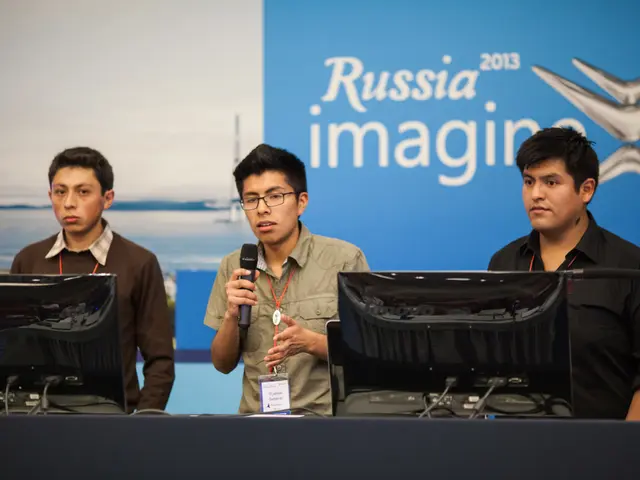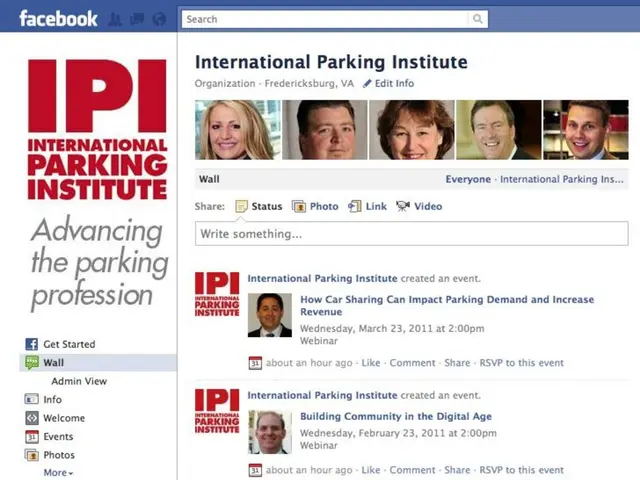Looming Crisis for Rare Earth Magnets Threatens Bajaj's Electric Vehicle Production
In a concerning development for India's automobile sector, Bajaj Auto, the country's second-largest electric scooter maker by volume, is facing a potential halt in production by the end of August. This predicament stems from China's control over rare earth magnet exports, a crucial component in electric vehicles.
China, which dominates about 90% of global rare earth production and 94% of permanent magnets, is using export controls as leverage in various industries, including automotive manufacturing. However, the specific company under Chinese control responsible for the potential disruption in Bajaj Auto's supply chain remains unnamed in available sources.
The Managing Director of Bajaj Auto, Rajiv Bajaj, has warned that August could be a 'zero production' month for the company. This prediction comes as the high-cost global shortages of rare earth magnets could impact the affordability of components in the Indian auto sector, potentially stalling its expansion.
As a significant player in the electric scooter and three-wheeler market, Bajaj Auto is particularly affected by the shortage of rare earth magnets. The company has already cut EV production by 50% this month, despite reaching full capacity in June using existing stocks.
Rajiv Bajaj has also suggested exploring alternative magnets or non-Chinese sources for the medium term due to China's dominance in the supply of rare earth magnets. He has stated that the potential halt in electric scooter production could dent market leadership, earnings, and profitability for Bajaj Auto.
The scarcity of rare earth magnets could pose a significant challenge to India's electric vehicle and auto sector growth. To address this issue, policymakers may seek to develop local alternatives for these critical components and diversify supply chains, which could become increasingly important due to global shortages and export restrictions.
The high demand for automobiles, especially with the festive season nearing, has been severely affected by the scarcity of rare earth magnets. This scarcity is causing troubles for India's automobile sector, with Bajaj Auto experiencing a major setback. The curbs on rare earth magnet exports and the potential stalling of the auto sector's expansion could highlight the need for India to develop local alternatives for these critical components.
In conclusion, the global shortage of rare earth magnets, coupled with China's export controls, poses a significant threat to India's automobile sector, particularly to companies like Bajaj Auto. Policymakers and industry leaders must urgently address this issue to ensure the continued growth and competitiveness of India's electric vehicle and auto sector.






